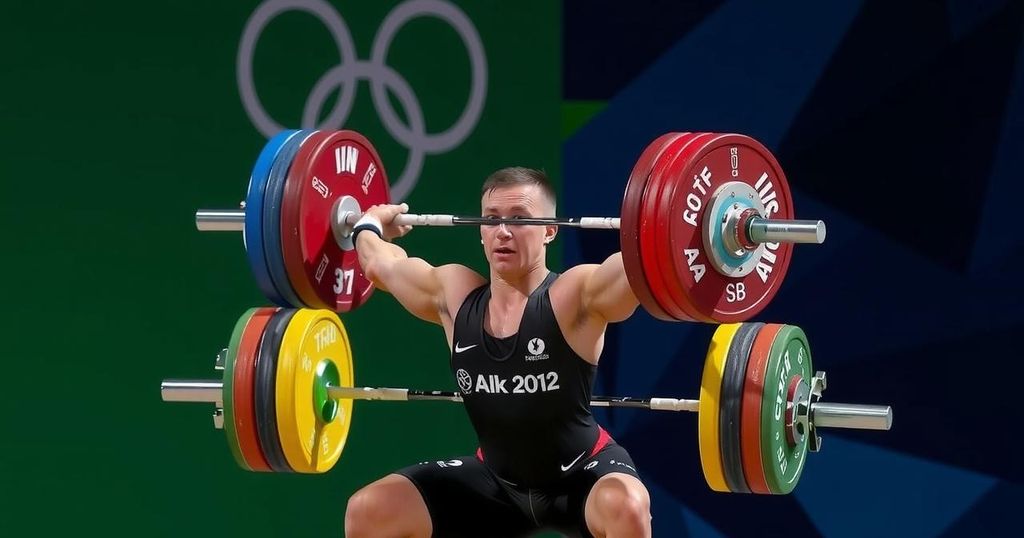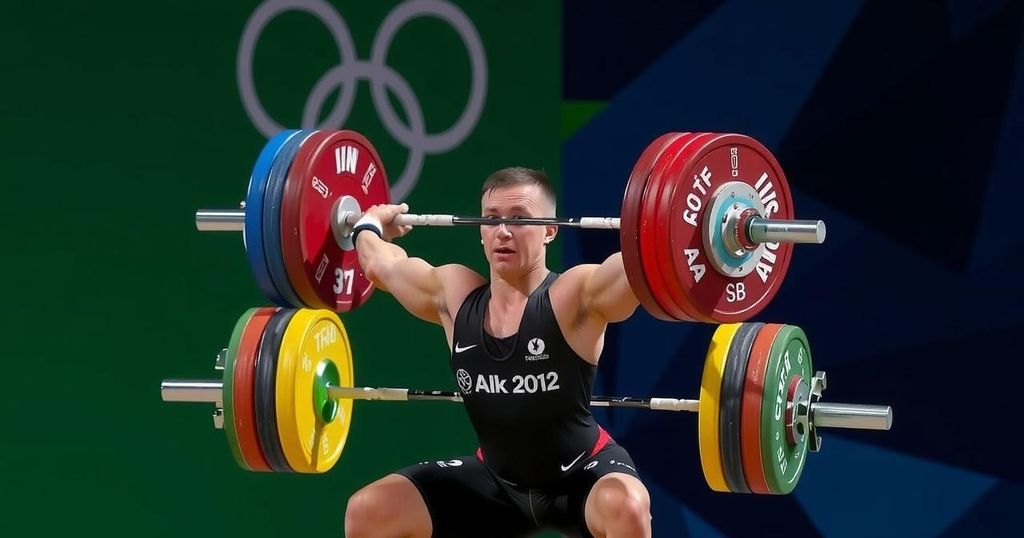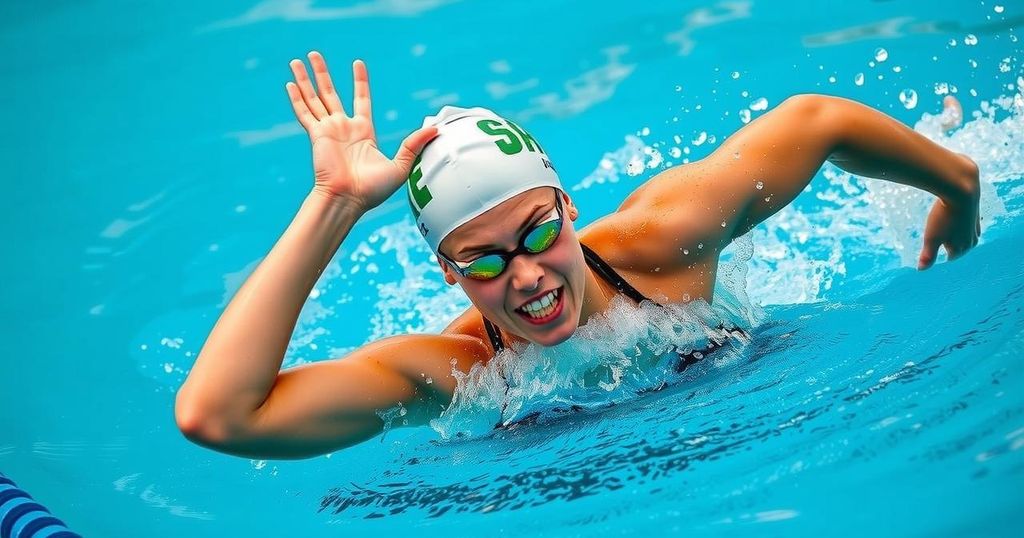Farewell to Legends: Hockey Icons Retire After Paris 2024
The Paris 2024 Olympic Games represent a significant farewell to several hockey legends, including John-John Dohmen, Felix Denayer, Loïck Luypaert, Pirmin Blaak, Jane Claxton, Giselle Ansley, Agustin Mazzilli, and Seve van Ass. These players have made meaningful contributions to the sport, earning numerous accolades and shaping the game through their dedication and leadership. Their retirements symbolize the close of an era in international hockey.
The conclusion of the Paris 2024 Olympic Games signifies a poignant moment in the world of hockey, as several legendary players announce their retirement. These athletes not only exemplified exceptional skill and dedication but also profoundly influenced the sport with their significant contributions. This article serves as a tribute to those individuals who have left an indelible mark on international hockey, commemorating their accomplishments and legacies as they exit the stage. Among the notable retirements is John-John Dohmen from Belgium, recognized as the most-capped player in hockey history with an impressive 481 caps. His career is characterized by remarkable longevity, consistency, and leadership, boasting essential accolades like an Olympic Gold medal from Tokyo 2020, an FIH Hockey World Cup Gold, and being named the 2016 FIH Player of the Year. His visionary play in midfield was instrumental in propelling Belgium to the forefront of global hockey. Felix Denayer, also from Belgium, ranks seventh on the all-time caps list with 402 appearances. His steadfastness and tactical prowess made him a defensive stalwart, contributing to Belgium’s successes, including their Olympic Gold in Tokyo 2020 and multiple World Cup victories. Loïck Luypaert, a dynamic forward, will be remembered for his scoring ability, with 100 international goals and 315 caps to his name. His flair and offensive creativity were crucial in securing Belgium’s dominance in international hockey during his career. From the Netherlands, goalkeeper Pirmin Blaak retires as one of the sport’s finest, with 154 caps and honors that include being named the 2023 FIH Goalkeeper of the Year. His reflexes and agility helped fortify the Dutch defense, leading to significant achievements, including an Olympic Gold medal. Australia’s Jane Claxton, a midfield powerhouse with 249 caps, has been a central figure in the Hockeyroos’ success, while England’s Giselle Ansley leaves a legacy with 230 caps, known for her defensive prowess and penalty corner acumen. From Argentina, Agustin Mazzilli, with 276 caps and 90 goals, was a creative force whose innovations on the field left an impact on the game. Lastly, Seve van Ass from the Netherlands bids farewell, having orchestrated the Dutch midfield with 236 caps and critical contributions to the team’s triumphs. These legends retire not merely as players but as icons whose influence will resonate in the sport for years to come. Their contributions have inspired both current and future generations, leaving behind a legacy that extends beyond statistics and accolades.
The article commemorates the recent retirements of several prominent hockey players following the Paris 2024 Olympic Games. It highlights their extraordinary careers and contributions to the sport while celebrating the legacy they leave behind. The focus is on individual achievements and the overall impact of these athletes on their respective national teams and the international hockey landscape. Emphasis is placed on their influence, leadership, and role in changing the game’s dynamics, particularly in terms of strategy and skill level.
In conclusion, the retirement of these remarkable athletes marks the end of an illustrious chapter in the history of international hockey. Their achievements not only elevated their nations in the sport but also inspired countless fans and aspiring players. As these legends step away from the international stage, their legacies will continue to inspire future generations, and their contributions will be etched in the chronicle of hockey history.
Original Source: www.fih.hockey








Post Comment